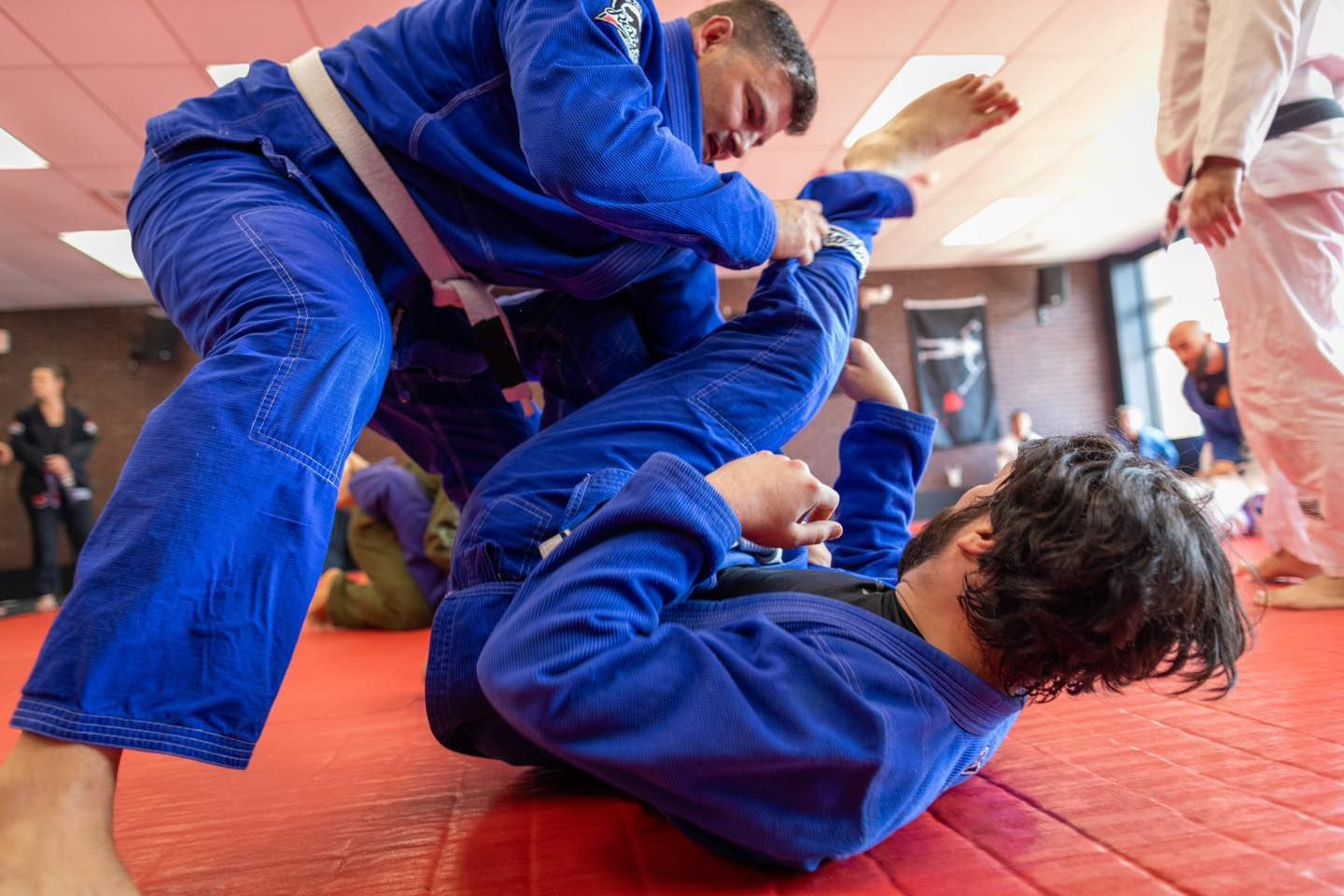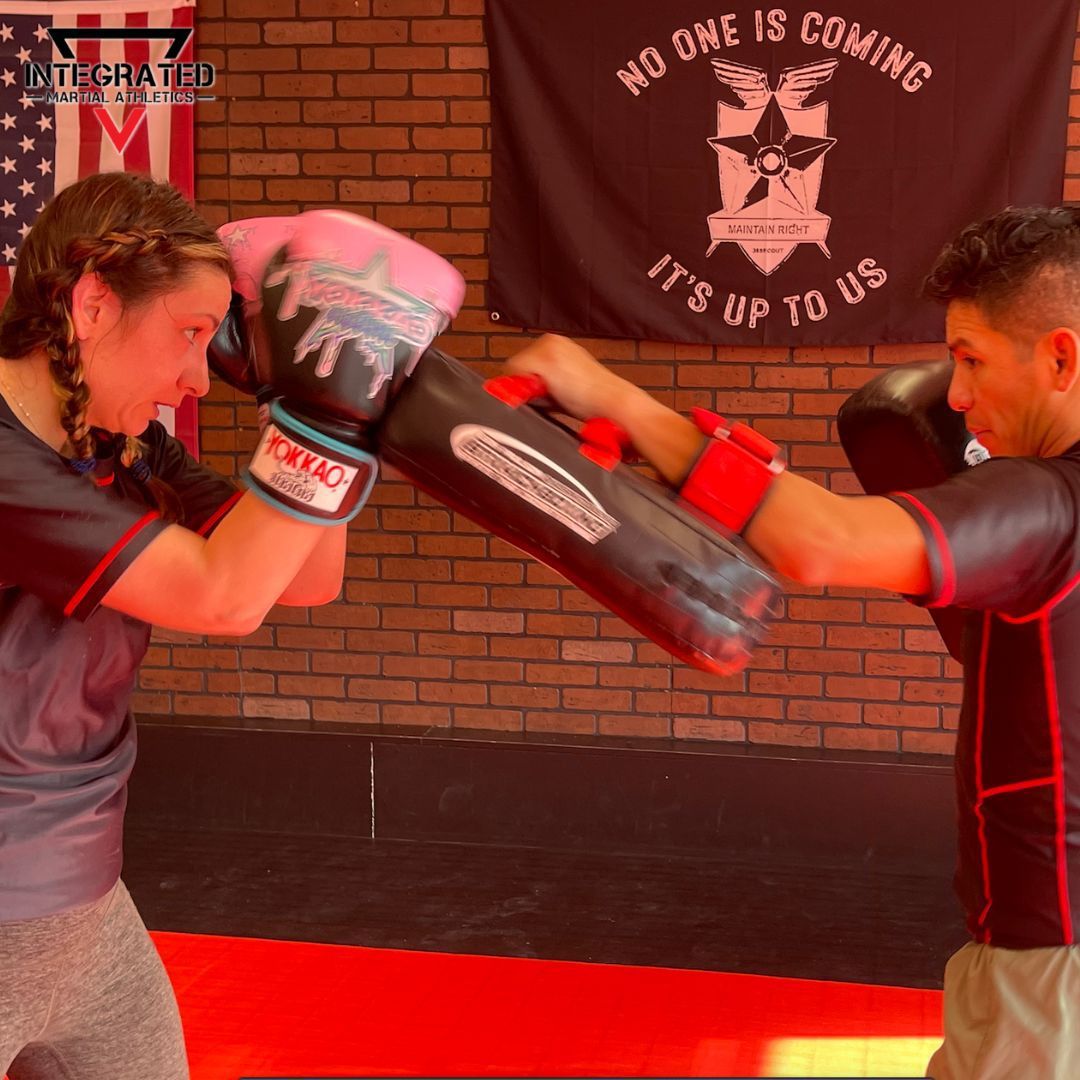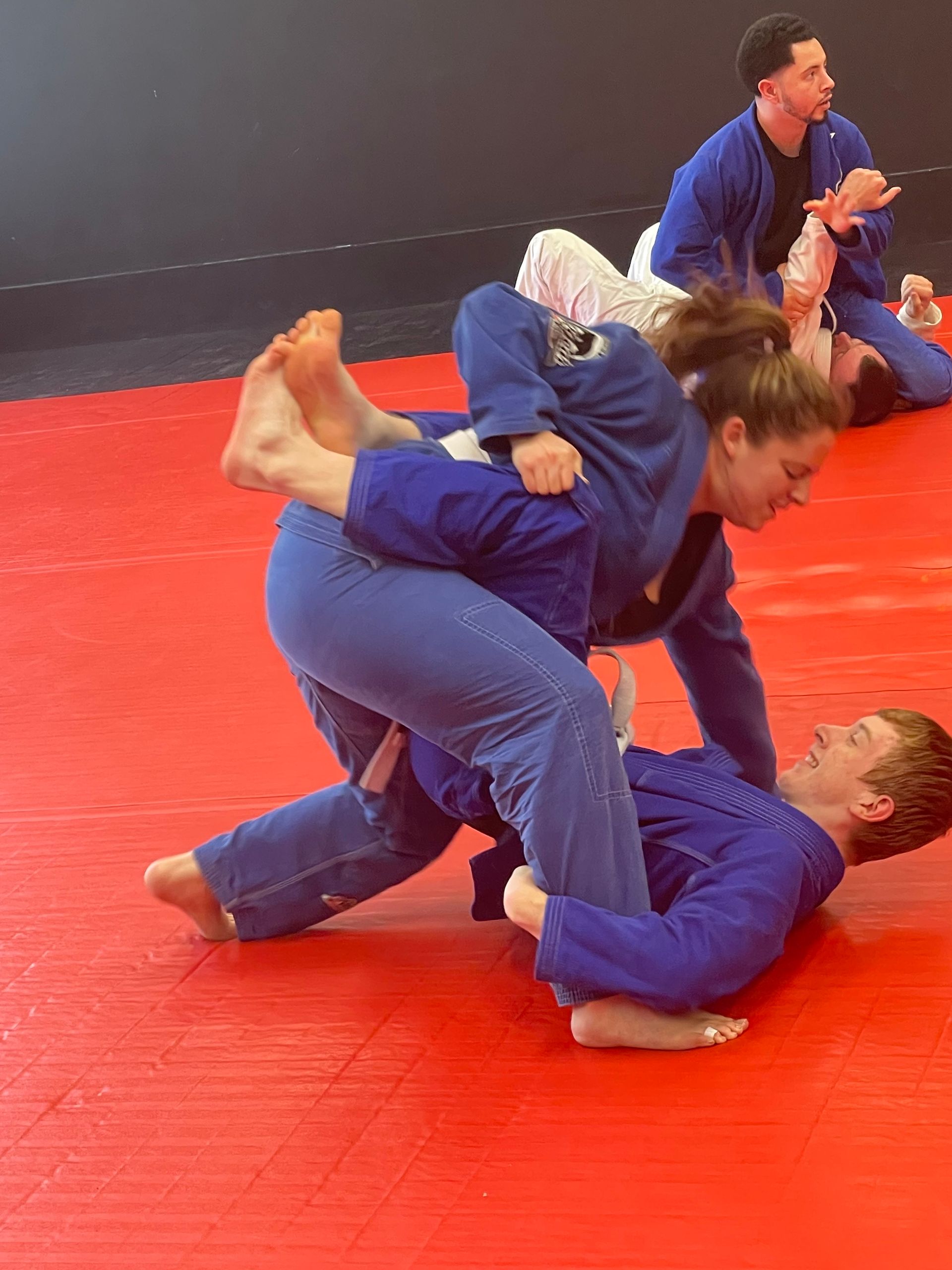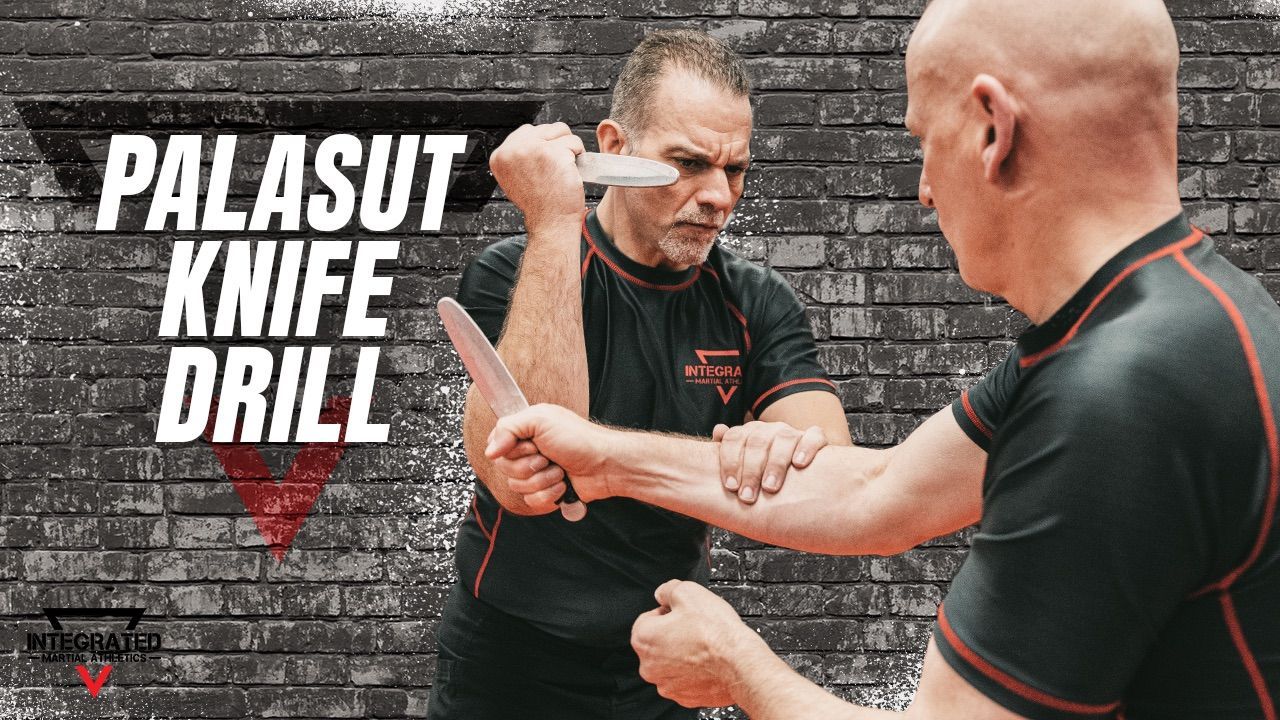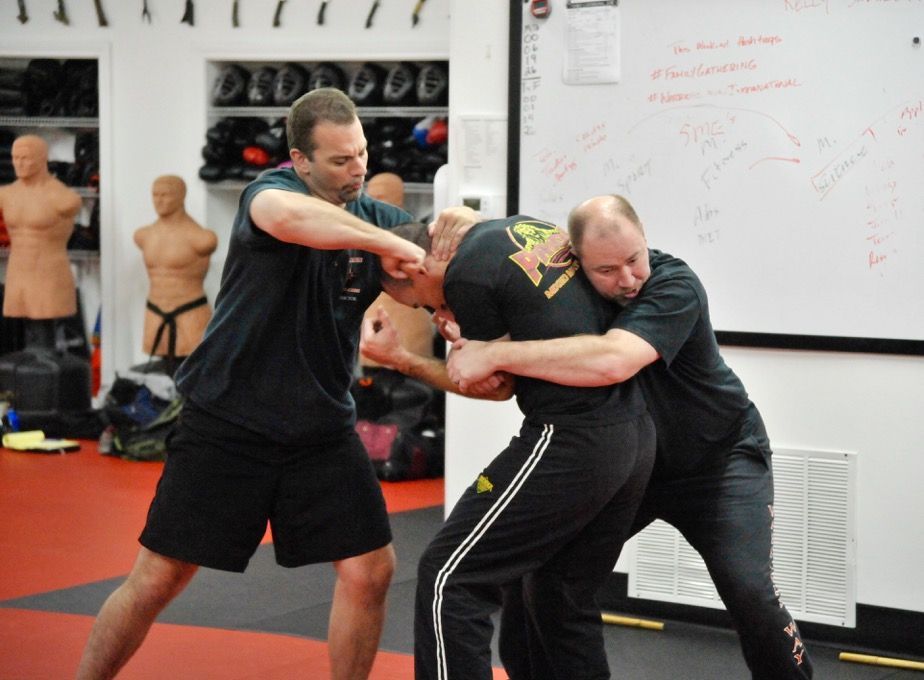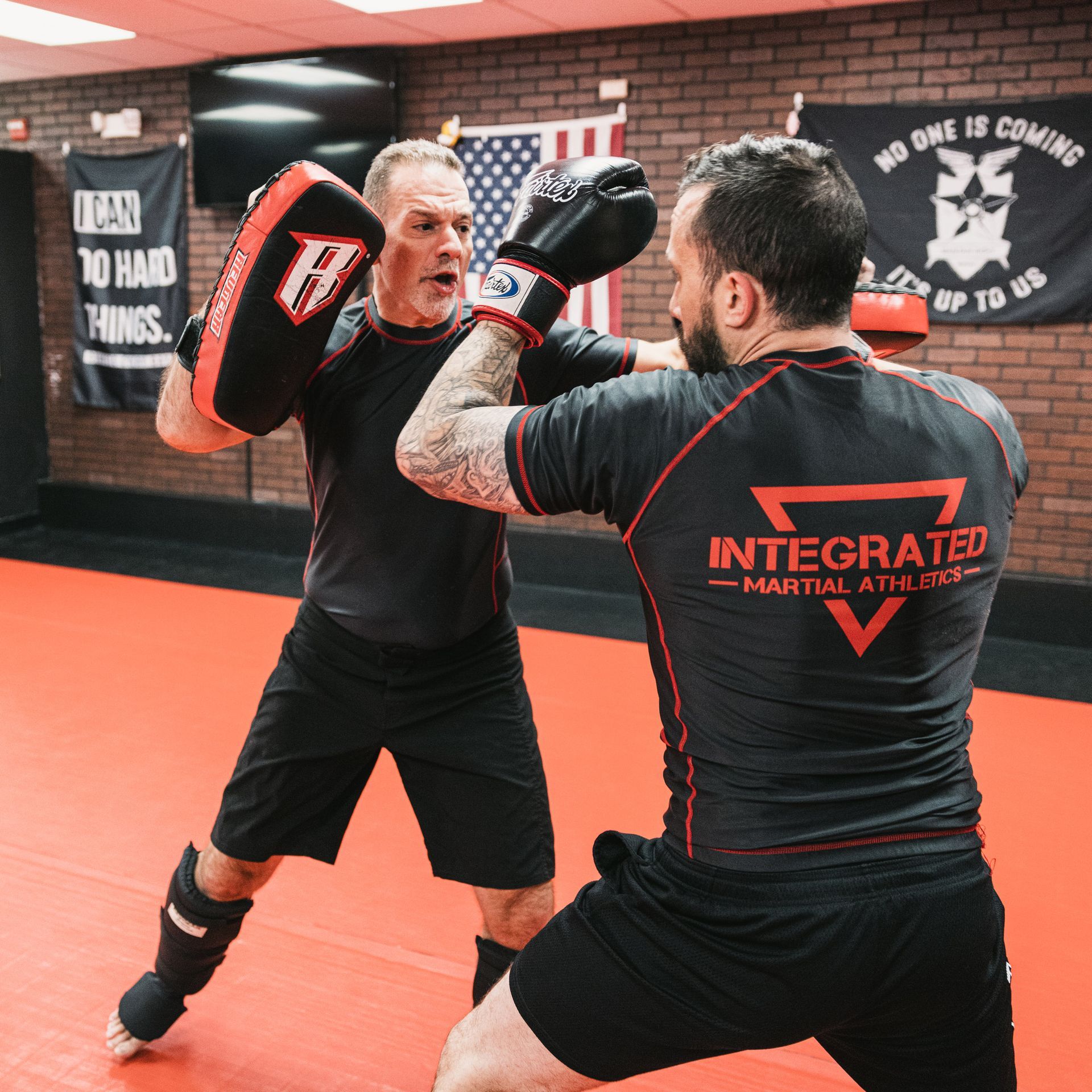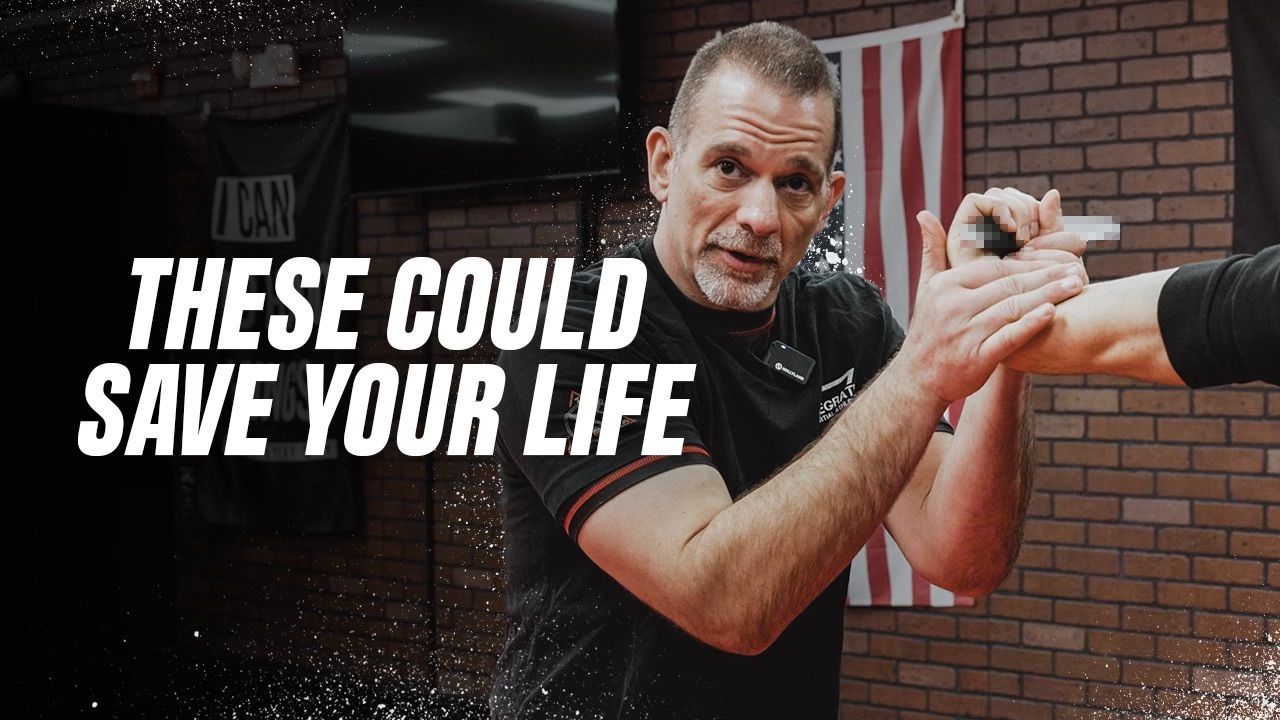Blog
Discover the secrets of self-improvement with our Brazilian Jiu Jitsu, Muay Thai & fitness blog, where you'll find valuable insights, expert guidance, and unbeatable knowledge on how to master these arts and unleash your full potential.
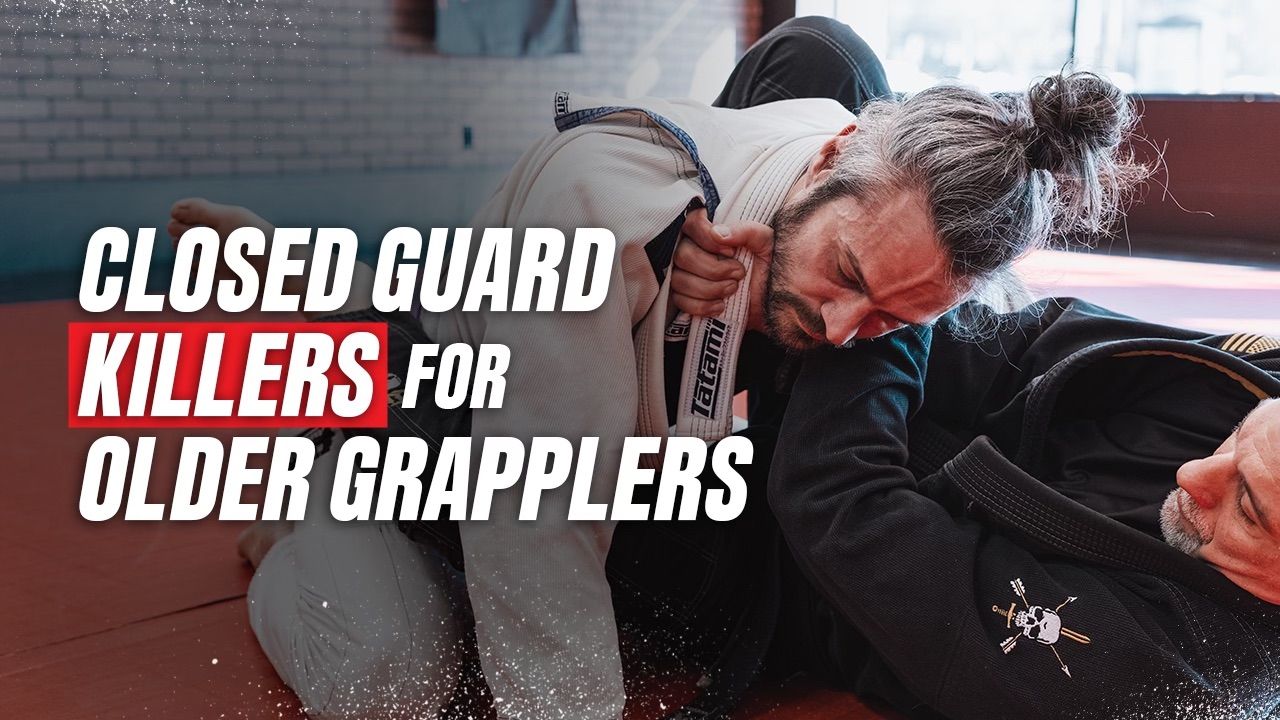
The Best Closed Guard Killers for Older Grapplers – Slow, Technical, Deadly! Mastering the Brabo Choke from Closed Guard Brazilian Jiu-Jitsu is a lifelong journey, and as we age, we need to adapt our game to stay effective. That means shifting away from explosive, high-risk techniques and focusing on the best closed guard killers for older grapplers—submissions that rely on control, leverage, and efficiency. One of the most deadly closed guard killers for older BJJ players is the Brabo choke from closed guard. This technique allows you to shut down aggressive opponents, maintain control, and apply pressure without burning unnecessary energy. Watch the full breakdown of the Brabo Choke from Closed Guard here: Brabo Choke from Closed Guard – Smart Strategy for Older BJJ Players Let’s break down why it works so well, how to set it up, and what adjustments you need to make it part of your game. Why the Brabo Choke Is One of the Best Closed Guard Killers for Older Grapplers 1. Leverage Over Strength The Brabo choke is effective because it doesn’t require explosive movements or overwhelming strength. Instead, it relies on positioning and grip efficiency. By using the lapel to reinforce your hold, you can apply steady, suffocating pressure without needing to be faster or stronger than your opponent. This makes it one of the best closed guard killers for older grapplers who prefer a methodical, technical approach. 2. Strong Control Position The closed guard is already a great equalizer for BJJ practitioners who may not have the speed or agility of younger athletes. When combined with the Brabo choke, it becomes a fortress. By breaking your opponent’s posture early and forcing them to react defensively, you dictate the pace of the fight and prevent them from exploding out of bad positions. 3. Efficient Mechanics Older grapplers know that efficiency is everything. The Brabo choke from closed guard maximizes mechanical advantage, allowing you to generate significant pressure with minimal effort. Once you establish your grips and positioning, the choke becomes a slow, inevitable squeeze rather than a fast, dynamic submission—making it a deadly closed guard killer for those who rely on precision over power. How to Set Up the Brabo Choke – A Key Closed Guard Killer 1. Break Their Posture Early The key to executing the Brabo choke from closed guard starts with posture control. If your opponent is sitting tall, their defense will be strong, and your attack will be difficult to apply. Here’s how to make them uncomfortable from the start: ✔ Use collar grips or an overhook to keep them down. ✔ Engage your legs to pull them forward and off-balance. ✔ Keep them reacting to your movements rather than setting up their own offense. 2. Maximize Grip Efficiency Once their posture is broken, it’s time to set up the grip. Unlike some lapel chokes that require grip strength alone, the Brabo choke uses the gi to reinforce your hold. Here’s what to focus on: ✔ Feed their far-side lapel across their neck to your other hand. ✔ Keep your grip deep and firm, but don’t squeeze too early—this is about control, not immediate force. ✔ Use your free hand to reinforce your hold or block their escape attempts. 3. Be Ready to Transition One of the best things about the Brabo choke from closed guard is that it naturally flows into other strong attacks. If your opponent defends well or tries to escape, you have several high-percentage follow-ups: ✔ Arm Drag to Back Take – If they turn away to relieve pressure, capitalize by taking their back. ✔ Armbar – If they extend their arm while defending, attack the submission. ✔ Triangle Choke – If they posture up to escape, transition seamlessly into a triangle. Key Adjustments for Older BJJ Players ✔ Focus on Precision Over Speed – You don’t need to hit the choke in one explosive motion. Instead, focus on precise positioning and gradual control. ✔ Stay Relaxed and Patient – Younger, more athletic opponents may try to force their way out of your guard or explode into a scramble. Let them waste energy while you maintain control. ✔ Drill Smart, Not Hard – Repetition is key, but older grapplers should prioritize drilling for efficiency rather than volume. Final Thoughts: Why Every Older Grappler Should Master These Closed Guard Killers The Brabo choke from closed guard is one of the best closed guard killers for older grapplers looking to stay sharp, effective, and dangerous on the mats. It relies on leverage, control, and efficiency rather than speed and strength, making it a perfect fit for a smart, technical approach to Jiu-Jitsu. If you haven’t added this choke to your game yet, now is the time. Drill it, refine it, and use it to dominate opponents who rely too much on athleticism. Watch the full breakdown here: Brabo Choke from Closed Guard – Smart Strategy for Older BJJ Players And if you’ve already made it a staple of your guard, drop a comment and share your experience—we’d love to hear how it’s working for you! Stay technical. Stay efficient. Keep evolving.

